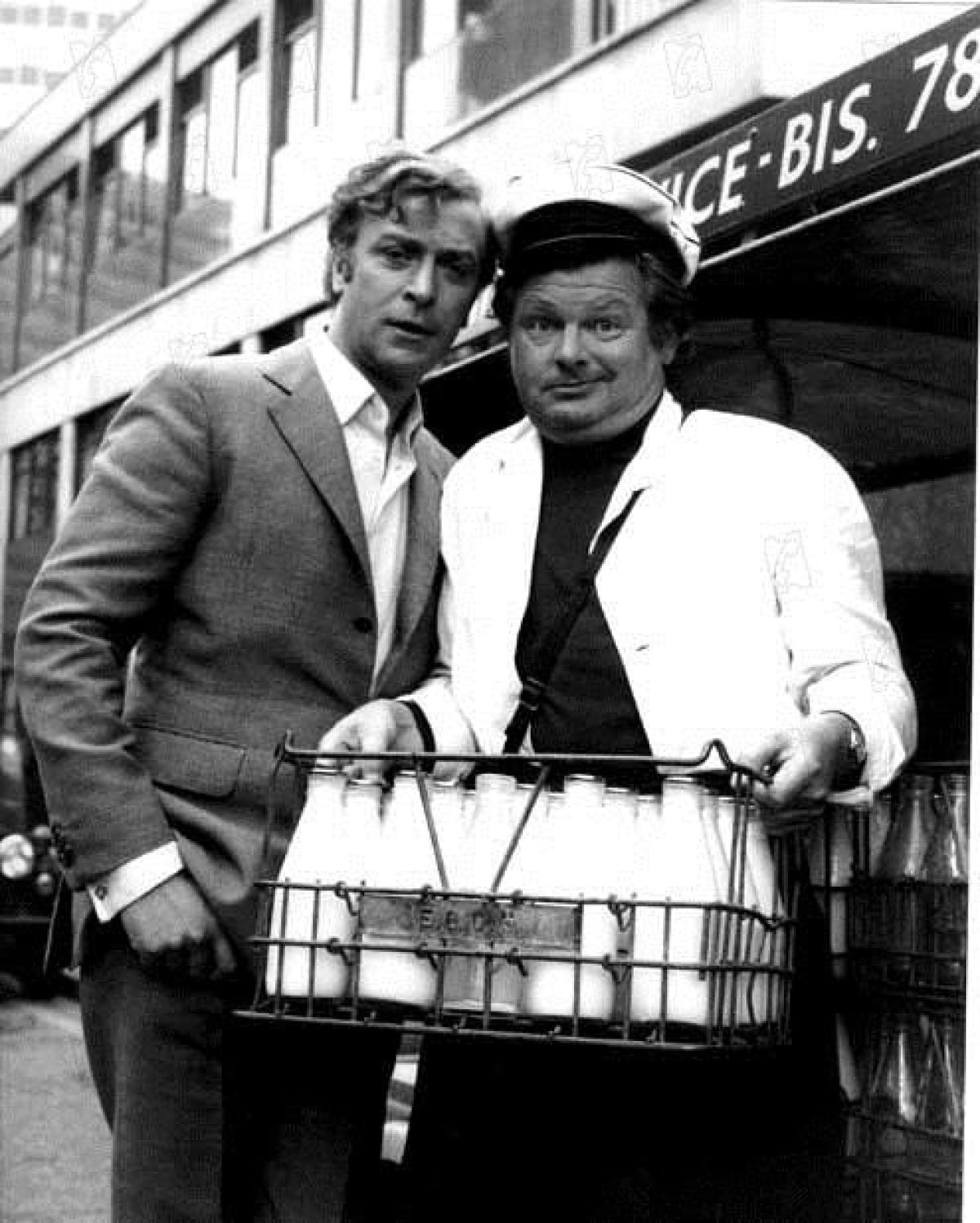‘The Italian Job’ is the best film ever, and nothing will change my mind
By Tobias Soar

A wide shot of the Italian Alps precedes a beautiful opening montage of Rossano Brazzi cruising round the winding mountain roads. This is put to the symphony of the screaming Lamborghini Miura’s V12 in a duet with Quincy Jones and Matt Monroe’s ‘On Days Like These’. A spectacular crash that abruptly ends the pleasant scene introduces the antagonists, the Mafia, as they dispose of the wreck with the aid of a bulldozer and a cliff.
The plot is straightforward: Charlie Croker — played by Michael Caine a couple of years after his stellar debut in Zulu — gets out of prison and is tasked with stealing 4 million dollars worth of gold in Turin, under the Mafia’s nose, in the middle of an insane traffic jam. The se pieces for the getaway include Turin’s streets, its subway, and the sewage system, where a 360 degrees roll of the cars was attempted and, allegedly, completed when the cameras weren’t rolling. Finally, there’s also the the test track on the roof of the Fiat factory, who were of course the sponsors for the project.
The clever camerawork, a soundtrack that assigns instruments to different characters’ when they are present on screen and the witty writing make for a 99 minute joy ride filled with clever quips and classic quotes delivered with finesse by its fantastic cast. Honestly, the film never bores you because it is pure filler and no fluff whatsoever.
Despite my title, it wasn’t love at first sight for wee Tobias. It used to be a boring slog of a film that was ultimately rewarded with the most thrilling car chase I’d ever seen. This was of course accompanied by the hilarious ‘Get a Bloomin’ Move On’ or, as it’s more commonly referred to by its chorus, ‘The Self-Preservation Society’.
As the years went by and I re-watched the film at an almost yearly rate, every viewing of it revealed something new to appreciate. The Mafia’s over-the-top plot and writing, the undyingly patriotic Mr. Bridger’s reign over the prison while still being a convict, the fact that Croker is a womaniser, Benny Hill’s hilarious antics as Professor Peach and so many other details. On my most recent watch I noticed the clever use of music, the fantastically stylish wardrobe of all the characters, laughed at every single subtly rude joke and realised that Camp Freddie was definitely not PC in the late 60’s.
The payoff of the iconic getaway in red, white and blue British Mini Cooper’s — always shown in that order and forever being established as the coolest vehicle on the road — is just as sweet as the first time I saw it and the literal cliffhanger ending always makes me laugh and appreciate that the lack of a sequel makes the film all the more sweet.
Some bits of trivia that I picked up over the years add to the charm of Peter Collinson’s masterpiece. The “Pakistani Ambassador’s car” was, in fact, the actual car of the Pakistani Ambassador; the real Mafia allegedly aided in creating the traffic jam in Turin; the entire scene where Croker goes to pick up his Aston Martin DB4 was completely improvised and, most surprisingly, Michael Caine, couldn’t drive at the time of making the film, which explains why he’s never seen in control of a moving vehicle.
It’s impossible to deny the cultural impact the film has had. Every British person knows the quote “You’re only supposed to blow the bloody doors off!”. Hell, I’ve even seen a stop-motion Lego recreation of the iconic practice scene on YouTube produced by what must be a very young lad. I could honestly quote this film all day long as the script is timeless and unpredictable. Many polls have set this film as one of the best ever made and the aforementioned line as the most unforgettable cinema quote of all time.
Of course, I can’t express my never ending love for the film without addressing the cliffhanger ending with the bus carrying the loot and the crew hanging off a cliff. Only recently, in 2009, Michael Caine disclosed that the reason for the ending was, quite simply, because the censors wouldn’t allow a film to show criminals getting away with a crime. So, as the bus hangs precariously over a valley in the Alps, it hits me: the solution to the fiasco was staring right at us all along. Bear with me, I’ve got a great idea…







